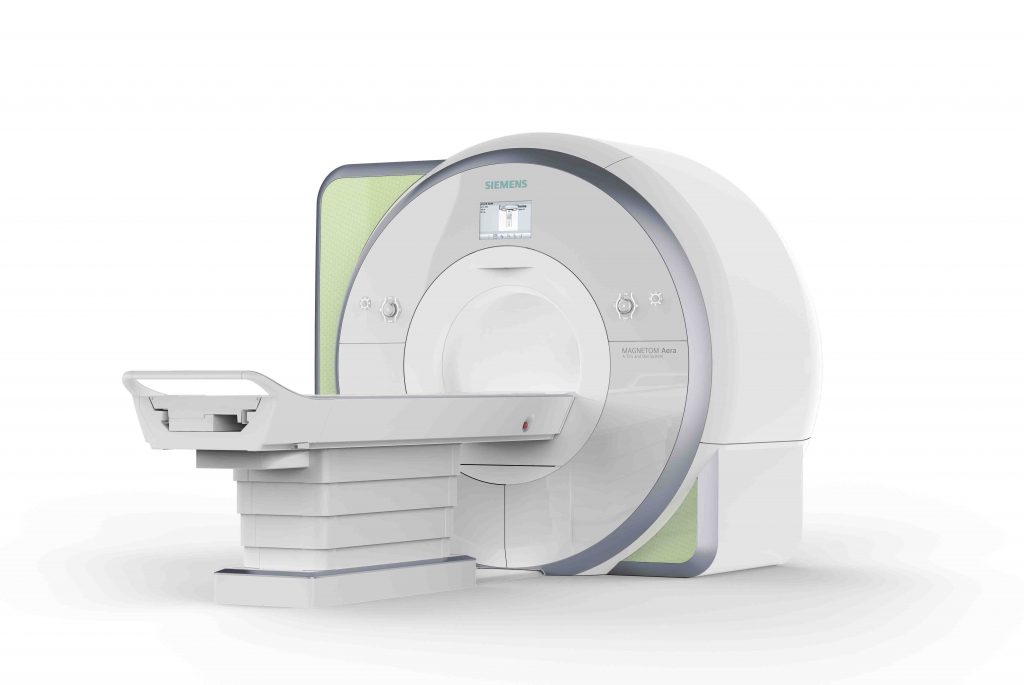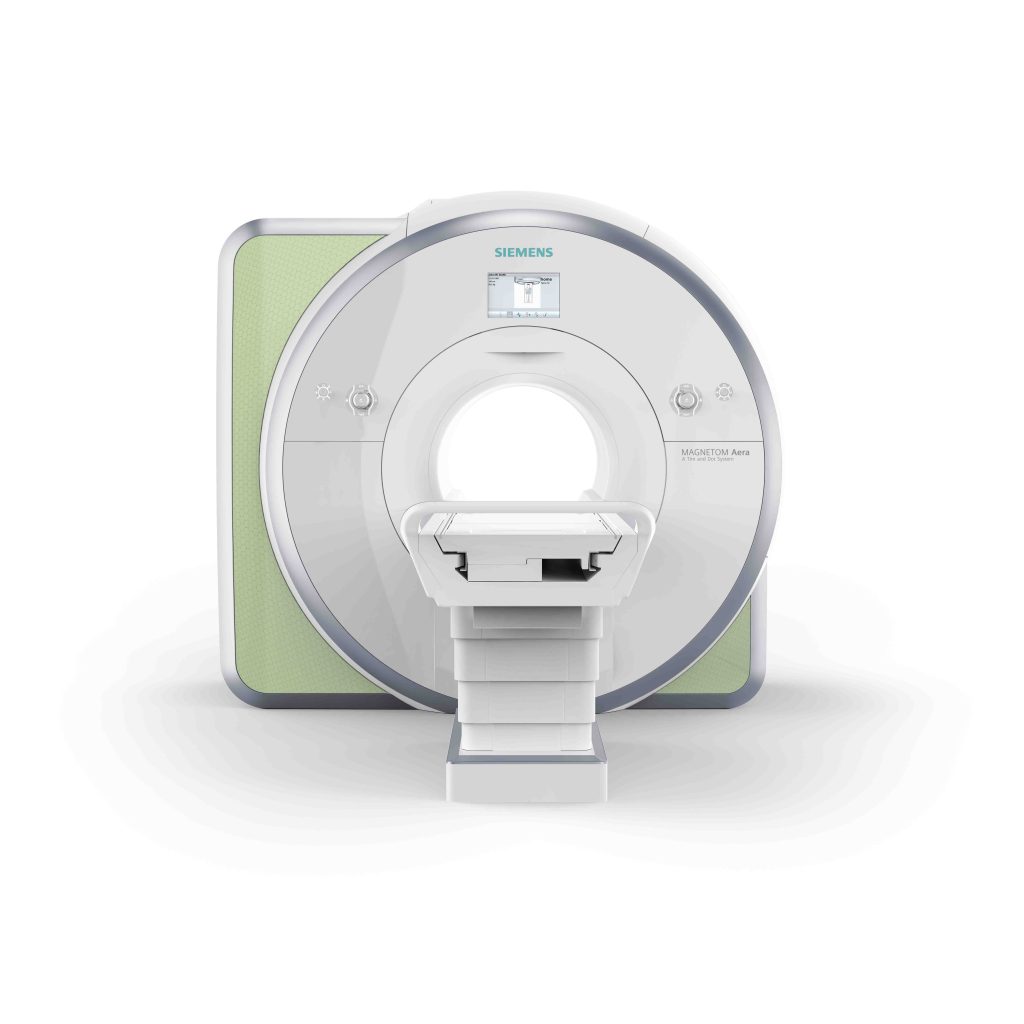What is MRI?
Magnetic Resonance Imaging (MRI) is a test that uses powerful magnets, radio wave, and a computer to make detailed pictures inside your body.
Your doctor can use this test to diagnose you or to see how well you’ve responded to treatment. Unlike X-rays and computed tomography (CT) scans, MRIs do not use the damaging ionizing radiation of X-rays.

Why Would You Get an MRI?
An MRI helps a doctor diagnose a disease or injury, and it can monitor how well you’re doing with a treatment. MRIs can be done on different parts of your body. It’s especially useful for looking at soft tissues and the nervous system.
How Do I Prepare for an MRI?
Before your MRI, let our doctor know if you:
- Have any health problems, such as kidney or liver disease
- Recently had surgery
- Have any allergies to food or medicine, or if you have asthma
- Are pregnant, or might be pregnant
No metal is allowed in the MRI room, because the magnetic field in the machine can attract metal. Tell our staffs whether you have any metal-based devices that might cause problems during the test.
- Artificial heart valves
- Body piercings
- Cochlear implants
- Drug pumps
- Fillings and other dental work
- Implanted nerve stimulator
- Insulin pump
- Metal fragments, such as a bullet or shrapnel
- Metal joints or limbs
- Pacemaker or implantable cardioverter-defibrillator (ICD)
- Pins or screws
No metal is allowed in the MRI room
If you have tattoos, talk to our doctor. Some inks may contain metal.
On the day of the test, wear loose, comfortable clothing that doesn’t have snaps or other metal fasteners. You might need to take off your own clothes and wear a gown during the test.
Remove all of these before you go into the MRI room:
- Cell phone
- Coins
- Dentures
- Eyeglasses
- Hearing aids
- Keys
- Underwire bra
- Watch
- Wig
Do inform our staffs in advance if you do not like enclosed spaces or if you are nervous with the test. Our doctor may prescribe some medicine to relax you before the test.

What Happens During the Test?
You may get contrast dye into a vein in your arm or hand. This dye helps the doctor more clearly see structures inside your body. The dye often used in MRIs is called gadolinium.
You will lie on a table that slides into the MRI machine. Straps might be used to hold you still during the test. Your body might be completely inside the machine, or part of your body may stay outside the machine.
The MRI machine creates a strong magnetic field inside your body. A computer takes the signals from the MRI and uses them to make a series of pictures. Each picture shows a thin slice of your body.
You might hear a loud thumping or tapping sound during the test. This is the machine creating energy to take pictures inside your body. You will be given a headphones to muffle the sound.
You might feel a twitching sensation during the test. This happens as the MRI stimulates nerves in your body. It’s normal, and nothing to worry about.
The MRI scan should take between 20 and 90 minutes depending on how many parts of your body that needs to be scanned.
Who Shouldn’t Get an MRI?
Pregnant women should not get an MRI during their first trimester unless they absolutely need the test. The first trimester is when the baby’s organs develop. You also shouldn’t get contrast dye when you’re pregnant. Don’t get contrast dye if you’ve had an allergic reaction to it in the past or you have severe kidney disease. Certain people with metal inside their body can’t get this test, including those with:
- Some clips used to treat brain aneurysms
- Pacemakers and cardiac defibrillators
- Cochlear implants
- Certain metal coils placed in blood vessels


